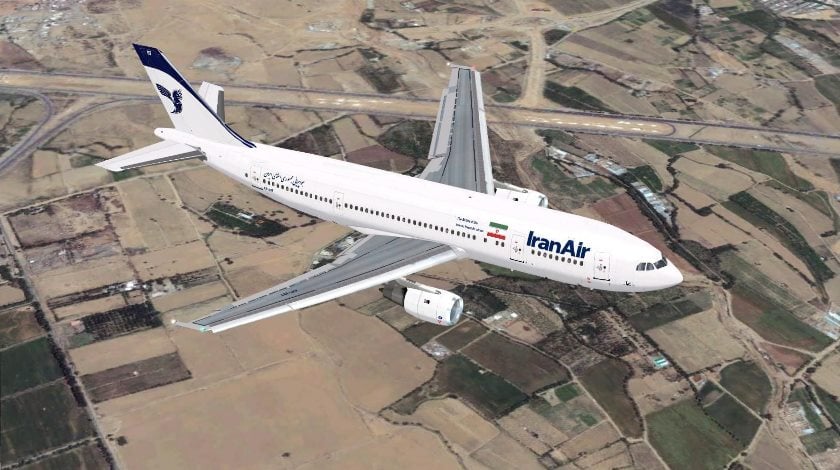Foreign investment in Iran is likely to have been weakened in light of President Trumps decision to ban the issuing of visas for nationals of seven mainly Muslim countries which may also slow down the implementation of existing plane deals agreed with both Boeing and Airbus, and Iran.
Airbus’ problems exists because of the volume of American-built parts used in its jets, allowing the U.S. the option to veto any deals by refusing to issue export licenses.
Currently there are deals for 80 Boeing and 100 Airbus jets on the table, and these are seen as a crucial test by Western investors.
Those involved in the airline deals consider the effect of the current situation created by President Trump’s administration is too early to assess, but there is already concern that it will negatively affect the rhetoric in both Tehran and Washington, consequently endangering or slowing down the jet sales.
The visa ban could further prolong the hiatus in talks over the financing of the jets as European and Chinese banks will have a reluctance to put up money for Iran’s purchases for fear of a backlash against their U.S operations. Post-sanctions business had already been affected prior to the visa announcement through the uncertainty created during Trump’s election campaign.
According to a senior economy ministry official: “The process has been very slow … foreign investors were very interested to work in Iran, but since Trump’s election the process has almost stopped. Investors are worried about possible U.S. punishments if they work with Iran.”
Final decisions on whether the plane deals go ahead could well lie in the hands of President Trump and Ayatollah Ali Khamenei, Iran’s Supreme Leader.

